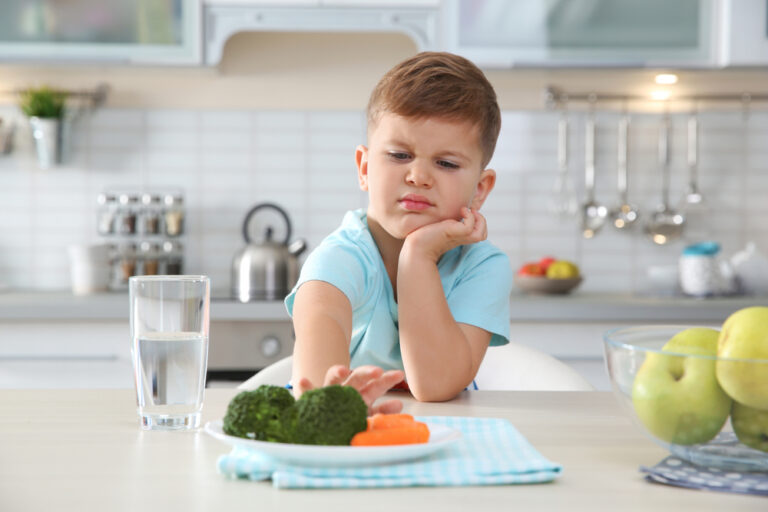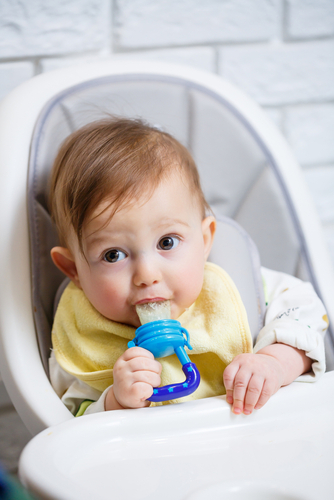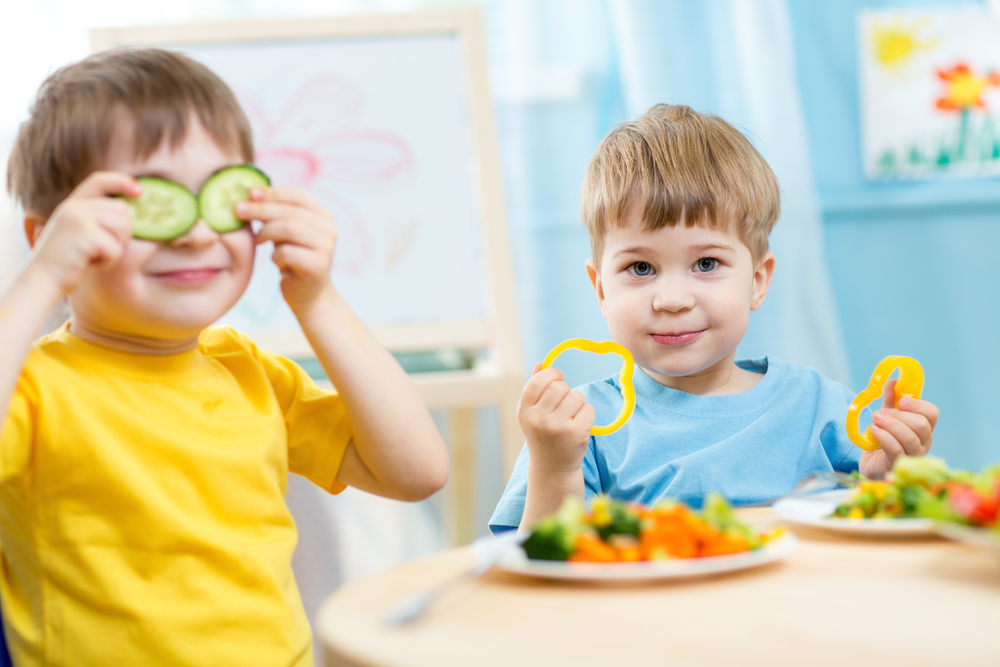
Are your children picky eaters, do they have unhealthy eating habits and watch screens while they eat?
Yafit is (M.S.) Exercise Physiologist and Sports Clinical Nutritionist
Our eating dialogue and eating habits are established at a young age. We, the parents, are the eating agents at home and we have a direct impact on our children’s nutrition. Let’s understand how we acquired our eating habits throughout our life cycle. There are also practical recommendations.
Eating is a very individual experience, one child will be picky about foods, the second will refuse to eat, the third will eat large amounts, the fourth will prefer sweets and the fifth only junk food. Where does it all stem from?
When a caregiver feeds an infant while engaging in other things (playing a game, looking at a screen), this establishes a habit of eating while engaging in other activities in a world of screens and a multiplicity of stimuli into which our children grow up. Even we as parents, because of the pressures we are under to get everything done, try to do two things at once, and one of them is often eating, thus giving a negative personal example. Eating this way causes overeating because being distracted from eating causes the brain to not “count” what we have eaten, which is exactly what happens to us when we are driving and having a conversation, causing us to pay less attention to the road.

Practical recommendation:
Make it a habit for children (and for us) to eat without carrying out any other action, preferably sitting at the table, with a plate in front us and without any other activity.
Overeating
Women stop breastfeeding and return to work much quicker today than they used to in the past. Breastfeeding helps babies control the quantities they eat, which bottle feeding may disrupt a healthy hunger-satiety mechanism. In addition, introducing a caregiving figure early on in life can lead to feeding a baby more than he requires and more than he signals for.
Later on in life, eating independently within a group setting, such as in kindergarten, leads to increased eating for the reason that the larger the number of people eating, the more people eat.
In families, it is difficult to synchronize everyone and eat together when everyone is hungry. On the one hand, there may be a situation where a parent causes a child to wait until meal times, which will lead to overeating. On the other hand, everyone eats when they are hungry, but this also leads to overeating, because seeing someone else eat makes people wat to eat again.
Practical recommendations:
- Remember that children have a healthy hunger-satiety mechanism. Do not delay meal times. Plan meals around their activities and provide them with healthy foods as snacks in between meals.
- Teach children to eat “according to what suits their bodies” from a young age.
- Ask questions and pay attention to signals. In accordance, guide the caregiver (whether at home or in kindergarten) towards optimal eating habits.
- Eating in a group setting should be used to expose children to new foods (flavors, textures) and not to quantities.
Eating too fast:
In childcare settings where there are a number of children who are provided with a meal, caregivers do not have the time to leisurely feed all the children, and this is where the habit of eating quickly develops. The pressures of modern life also cause parents to rush their children through meals. There is also little time to enjoy eating during recess at school (and so on in later life setting such as the army, at work etc.).
Recommendations:
- Remember that parents are responsible for everyone’s time management. Leave sufficient time in the mornings and evenings for eating in a calm and leisurely manner.
- Children can be provided with a bag of goodies (nuts, dried fruit etc.) for school and for afternoons, which they can eat when time is pressing.

Power struggle eating:
Serving food in inventive ways and insisting a baby / child eats, makes eating an issue and teaches the child the only power he has in dialogue with the parents / caregiver. After all, no parent can force a child to swallow. It is here that children learn to conduct power struggles through food.
Recommendations:
• Avoid a situation where a child can engage in a dialogue with you through food. Everything that creates an issue out of food is unnecessary.
Picky eating
Exposure to flavors and textures: picky eating is an issue that troubles many parents. Children need to be exposed to a certain food many times before they agree to taste it. In addition, tastes change over time.
Recommendations:
- Repeatedly expose children to a variety of foods, do not give up. Make food available again and again. Try different textures and preparations of the same food.
- Take advantage of hunger situations (during a day at the swimming pool or at the beach or a day out) for eating healthy foods they prefer lessor for food they have not been exposed to yet.
Eating as a reward or an expression of feelings
Aim for the health system that has moved forward. In the past, children would get a sweet for good behavior at the doctor; today, they receive a sticker. Eating is one of the ways we all express feelings. Many feelings and situations can cause all of us to eat as a prize, as compensation, as consolation. In this way, we create a conditioning between food and a particular situation and raise children who will become adults managed by food, who express emotions through food and for who food will become personal instead of just a physiological response to hunger.
Recommendations:
- Do not condition behavior with food; do not use food as a prize
- Do not console with food
- Do not use food as a distraction
Does it drive you crazy that your child eats large quantities and suffers from overweight? That your child only eats junk food? That he eats lots of sweets? Like every other issue, certain objections need to be removed and the discourse about food needs to change through working with parents.
Try the YuviTal platform today
Tell us which solution will fit your needs the best, and let's book a demo for you. Not sure? Contact us and we'll be happy to help


